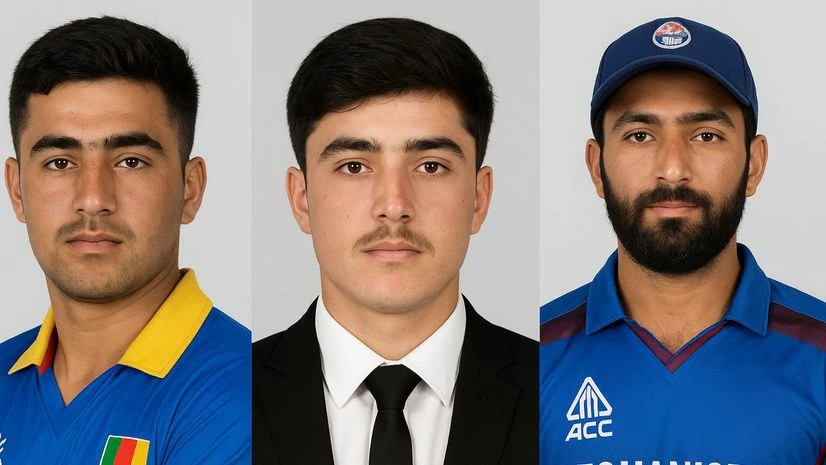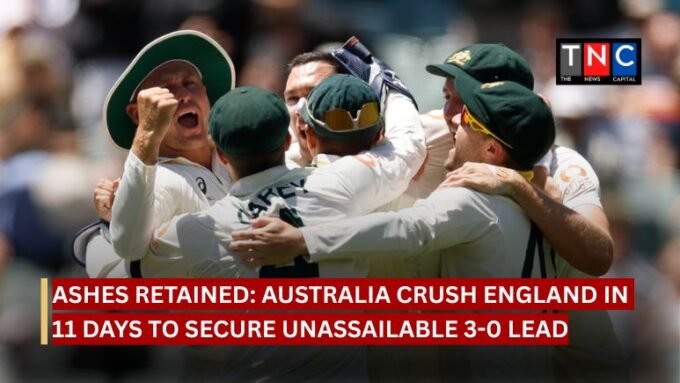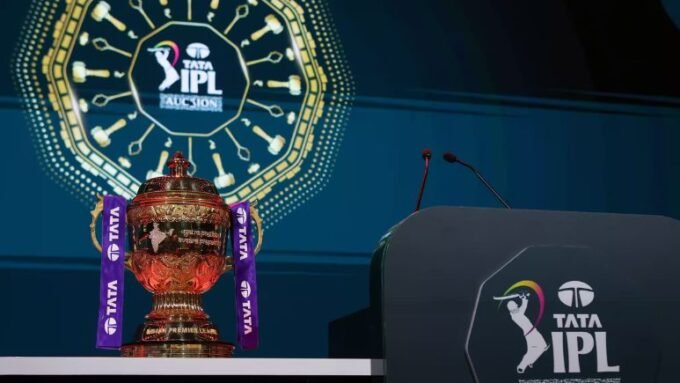Afghanistan’s cricket community is mourning the loss of three domestic players—Kabeer, Sibghatullah, and Haroon—killed in an airstrike in Paktika near the Pakistan border, a tragedy confirmed by the Afghanistan Cricket Board (ACB) and acknowledged across regional media reports. In the immediate aftermath, Afghanistan withdrew from the November T20 tri‑series with Pakistan and Sri Lanka as a gesture of respect to the victims and in solidarity with their families.
Lives behind the names
The three were local cricketers rooted in Paktika’s Urgun district, playing domestic and district‑level cricket that feeds Afghanistan’s spirited pipeline of talent from the provinces to national structures. Among them, Kabeer—also known as Kabir Agha—had built a reputation as an aggressive top‑order bat in regional competitions and youth events overseen by ACB’s southern committee, with discussions linking him to a prospective U‑23 provincial camp shortlist in 2026 based on recent form. Even at this early stage, their presence in local circuits symbolized the game’s reach and the aspirations it continues to unlock in Afghanistan’s southeast.
The day in Paktika
According to the ACB, the players had traveled from Urgun to Sharana in eastern Paktika for a friendly match, returning home before they were targeted during a local gathering later that day. Reports state that eight people were killed in the strike, with the three cricketers among the dead; subsequent briefings indicated additional injuries at the scene. The board described the incident as a “cowardly attack,” underscoring both its shock and the broader sense of loss within the sporting community.
A nation in mourning
In its public statement, the ACB offered its deepest condolences to the families and called the incident a great loss for Afghanistan’s sports community and cricketing family, emphasizing the human cost beyond scorecards and standings. Senior players echoed this grief: Mohammad Nabi called it a tragedy for Paktika and for the entire Afghan cricket family, while pacer Fazalhaq Farooqi condemned the killing of civilians and teammates in unequivocal terms. Captain Rashid Khan also backed the decision to withdraw from the tri‑series while condemning the strikes, aligning the national team’s stance with the board’s message of mourning and respect.
The withdrawal and schedule
Afghanistan had been slated to play a tri‑nation T20 series with Pakistan and Sri Lanka in Lahore and Rawalpindi during November, but the board confirmed its pullout in the wake of the Paktika strike. The decision, framed explicitly as a gesture of respect to the victims, signals a pause for reflection and community support over competition in the immediate term. This recalibration acknowledges that preparation and performance are inseparable from the emotional and ethical realities confronting players, officials, and fans.
Remembering Kabeer
Kabeer’s trajectory—from Urgun’s grounds to regional and youth tournaments—captured the grassroots vitality that continues to refresh Afghanistan’s player base, especially in batting depth. Accounts describe a top‑order talent with an assertive approach at the crease, the kind of profile that often accelerates through age‑group filters when supported by consistent league output. That a young batter with evident promise is being remembered in memoriam underscores the fragility of sporting dreams in conflict‑shadowed districts.
Remembering Sibghatullah and Haroon
Sibghatullah and Haroon were likewise local cricketers embedded in the domestic ecosystem, the tier where community, coaching, and competition converge to form the game’s living foundation. Their identification by the ACB stands as an official marker of their status within Afghan cricket, even if the record is composed of district fixtures and friendly matches rather than televised scorecards. In naming them, the board affirmed that the loss belongs to the entire cricketing family, not just to one province or club.
The human cost
The ACB’s language—“cowardly attack,” “martyred,” “great loss”—reflects a communal grief that extends beyond sport, as families and teammates reckon with empty practice nets and silent dressing rooms. Reports of additional fatalities and injuries deepen this pain, placing the incident within a broader humanitarian frame that Afghan cricket has often had to navigate with quiet resilience. Each name, now part of a solemn roll call, is also a story interrupted—of travel to a friendly, of a post‑match gathering, and of plans that did not get to unfold.
What remembrance means
In the immediate term, remembrance means acknowledging who these players were and what they represented: dedication to local cricket and the shared pride of Paktika’s grounds and galleries. It also means understanding why a national team would step away from a tri‑series—because grieving, honoring, and supporting affected families takes precedence over fixtures and forms. The chorus of player voices gives that choice moral clarity, binding the team’s identity to empathy when it matters most.
Carrying their legacy forward As the cricketing calendar adjusts, the legacy of Kabeer, Sibghatullah, and Haroon rests with teammates, coaches, and supporters who keep their stories alive in practice, mentorship, and community cricket. Afghanistan’s withdrawal underscores a simple truth: some pauses are not about postponing cricket but about honoring people, and the game is stronger for recognizing that difference. May their names remain part of Afghanistan’s cricketing memory—a testament to talent, resolve, and the enduring hope that sport can outlast the shadows that sometimes fall across it.















Leave a comment